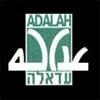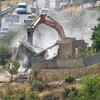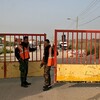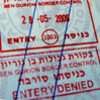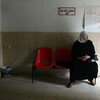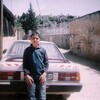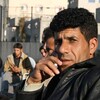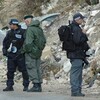
Open Letter to EU urges publication of report
5 December 2006
The Middle East Peace Process (MEPP) appears to be on the eve of another possible defining moment, this time triggered by the proclaimed cessation of hostilities between the Government of Israel and the Palestinian Authority and the GoI’s call for the resumption of peace talks. In light of the possibility that the EU will consider that these developments constitute a sensitive juncture in the MEPP and that they therefore call for the EU to speak with extreme caution, we would like to convey our hope that the EU will not fail again to publish its report on east Jerusalem this year. Read more about Open Letter to EU urges publication of report
